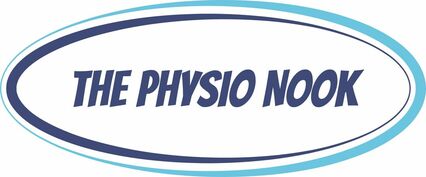|
What Are They? Trigger points are what are often thought of as muscle "knots" and can feel like painful, hard lumps located in your muscles. These points can both be painful to touch and refer pain to surrounding areas. It is thought that trigger points form when a portion of muscle contracts abnormally, compressing the blood supply to this area, which in turn causes this part of the muscle to become extra sensitive. Trigger points are a common source of pain around the neck, shoulders, hips and lower back. What Causes Trigger Points?
Many factors can cause trigger points to develop. Repetitive stress, injuries, overuse and excessive loads are common examples. Inflammation, stress, nutritional deficiencies and prolonged unhealthy postures may also contribute to the formation of these painful areas. Generally speaking, muscular overload, where the demands placed on the muscle mean that the fibres are unable to function optimally, is thought to be the primary cause of trigger points. This is why you might notice trigger points in weaker muscles or after starting a new training program. Signs and Symptoms Pain caused by trigger points can often be mistaken for joint or nerve-related pain as it can be felt in a different location to the site of the trigger point. Trigger points feel like hard lumps in the muscles and may cause tightness, heaviness, aching pain and general discomfort. They can cause the length of the affected tissues to shorten, which may be why trigger points can increase the symptoms of arthritis, tennis elbow, tendonitis and bursitis. How Can Physiotherapy Help? Your physiotherapist will first assess and diagnose whether trigger points are contributing to your pain. If they feel that treatment will be beneficial, there are a variety of techniques that can help, including dry needling, manual therapy, electrical stimulation, mechanical vibration, stretching and strengthening exercises. While these techniques may be effective in treating trigger points, it is important to address any biomechanical faults that contribute to their development so they don't keep recurring. Your physiotherapist is able to identify causative factors such as poor training technique, posture and biomechanics and will prescribe an exercise program to address any muscle weaknesses and imbalances. If you have any questions about how trigger points might be affecting you, don’t hesitate to ask your physiotherapist.
0 Comments
|
Categories
All
|


